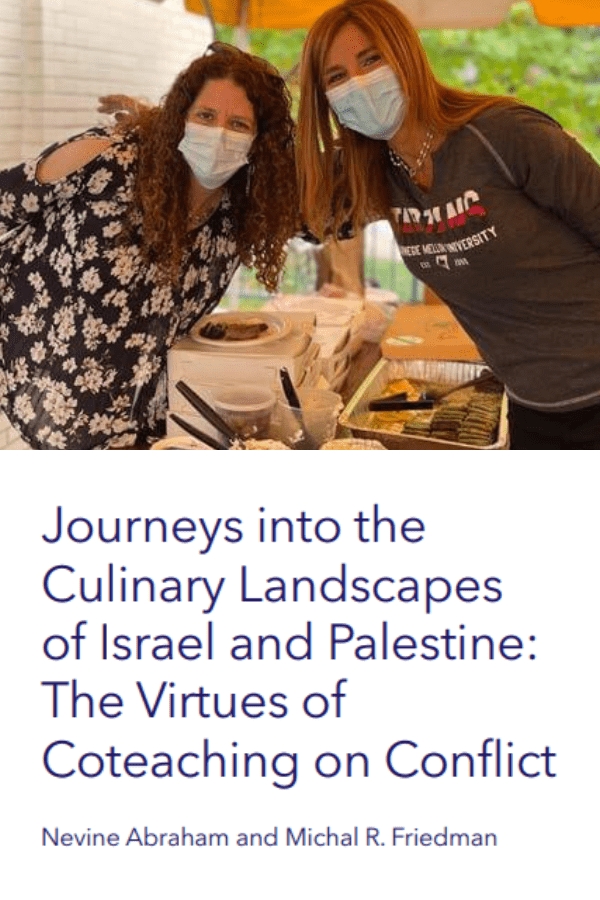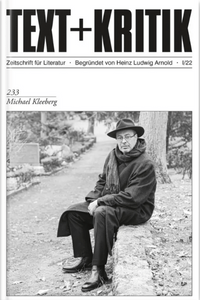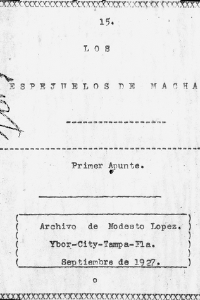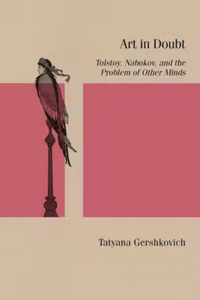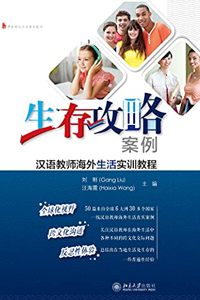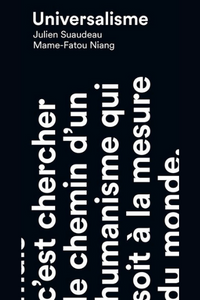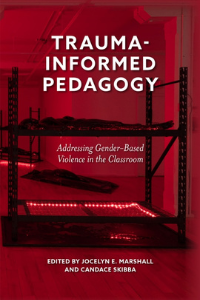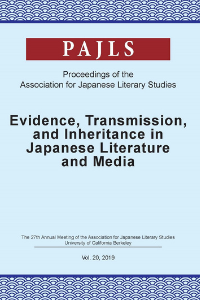Our Research in Literary and Cultural Studies
How are identities—race, ethnicity, gender, sexuality, social class—constructed differently across cultures? How are identity categories and national imaginaries constructed through cultural products, such as literature, film, theater, visual arts and social media? Can learning about other cultures help us better understand our own?
Key aspects of this research include both high and popular culture, urban studies, migration, diaspora, exile, identity and gender. Literary and Cultural Studies (LCS) research in LCAL cuts across hemispheric and numerous national boundaries, ethnic identities and linguistic borders.
Featured Research and Publications
Journeys into the Culinary Landscapes of Israel and Palestine: The Virtues of Coteaching on Conflict
Faculty: Nevine Abraham
This piece reflects the virtues of collaborative, inter-departmental teaching, between LCAL and History, on the issue of conflict through the lens of food cultures and appropriation, and demonstrates data that measures students' learning, comparing their pre-conceived ideas versus learning outcomes in the Grand Challenge course, Israeli and Palestinian Food Cultures.
Utopie und Idylle in Michael Kleebergs Roman Der Idiot des 21. Jahrhunderts
Faculty: Stephen Brockmann
This article, published in the prestigious German literary journal Text + Kritik, explores the German author Michael Kleeberg's most recent novel, which deals with multiculturalism and ethnic diversity in contemporary Germany. Kleeberg has visited with students at Carnegie Mellon twice over the course of the last fifteen years.
Latin Place Making in the Late Nineteenth and Early Twentieth Centuries
Faculty: Kenya C. Dworkin y Méndez
Starting in the mid-1880s and becoming fully effective by the 1930s, the “curriculum of culture” that Tampa’s Latin immigrant, cigar-making enclaves experienced circulated in the spaces they and others occupied regularly. The outcome was an ethnic American social identity whose impact thoroughly transformed living and working spaces in a segregated, Jim Crow space and fundamentally reshaped its landscape, foodways and identity.
Art in Doubt: Tolstoy, Nabokov, and the Problem of Other Minds
Faculty: Tatyana Gershkovich
Two figures central to the Russian literary tradition—Leo Tolstoy, the moralist, and Vladimir Nabokov, the aesthete—seem to have sharply conflicting ideas about the purpose of literature. Tatyana Gershkovich undermines this familiar opposition by identifying a shared fear at the root of their seemingly antithetical aesthetics: that one’s experience of the world might be entirely one’s own, private and impossible to share through art.
Living overseas: Cases, strategies and guidance for CFL teachers around the world
Faculty: Gang Liu & Haixia Wang
Living overseas: Cases, strategies and guidance for CFL teachers around the world is a case-based study and resource book for Chinese educators teaching and living overseas. Guided by ACTFL standards on culture education in foreign language classrooms, this book collects more than 50 lesson plans and analyses of CFL culture classes taught in different countries across the world.
Universalisme
Faculty: Mame-Fatou Niang
This essay seeks to define universalism "à la française," to think about its futures and forms in the 21st century. Entwined with colonial reason, this brand of universalism can no longer be considered a project for humanity, but rather an ideology of the Universal at the service of nationalist worldviews. For the authors, cannot be crystallized, but should rather be perceived as a fluid disposition, a dynamic work in progress never completed, always to be redesigned.
Trauma-Informed Pedagogy: Addressing Gender-Based Violence in the Classroom
Faculty: Candace Skibba
Gender-based violence is an issue often met with silence, unempathetic discourse and troublesome visual representation. As educators, mentors and public facilitators, how can we address this subject in our teaching spaces, curricula, texts and conversations with greater care and understanding? And, what do we need as resources to cultivate these deeper insights and new roads to increased awareness and dynamic healing?
The Intersection of Advertising, Poetry, and Media: Amano Yūkichi’s Critical Analysis of Japan’s 1980s
Faculty: Yoshihiro Yasuhara
This essay examines how Amano Yūkichi's 天野祐吉 (1933–2013) critical analysis of advertising calls attention to its intersection not just with media but also with poetry in the 1980s.
Recent publications:
- Nevine Abraham. "Censorship, Public Opinion, and the Representation of Coptic Minority in Contemporary Egyptian Cinema: The Case of Amr Salama’s Lamo’aķhza/Excuse My French (2014)" in the Journal of African Cinema.
- Naum G. Kats. "Dream and Reality in the Life of Nicholas Lochoff: On the History of the Creation of Niicholas Lochoff’s Pittsburgh Cloister." Przeglad Wschodnioeuropejski. Olstyn, Poland, 2019, No X, pp. 37-47.
- Sue-mei Wu. 2022. "Glory Comes from the Hands: Language and Culture Instruction Through Hand Puppetry." Tradition and Transition: Teaching Chinese Culture Overseas. Edited by Liu, G. and Wang, H. Beijing University Press.
